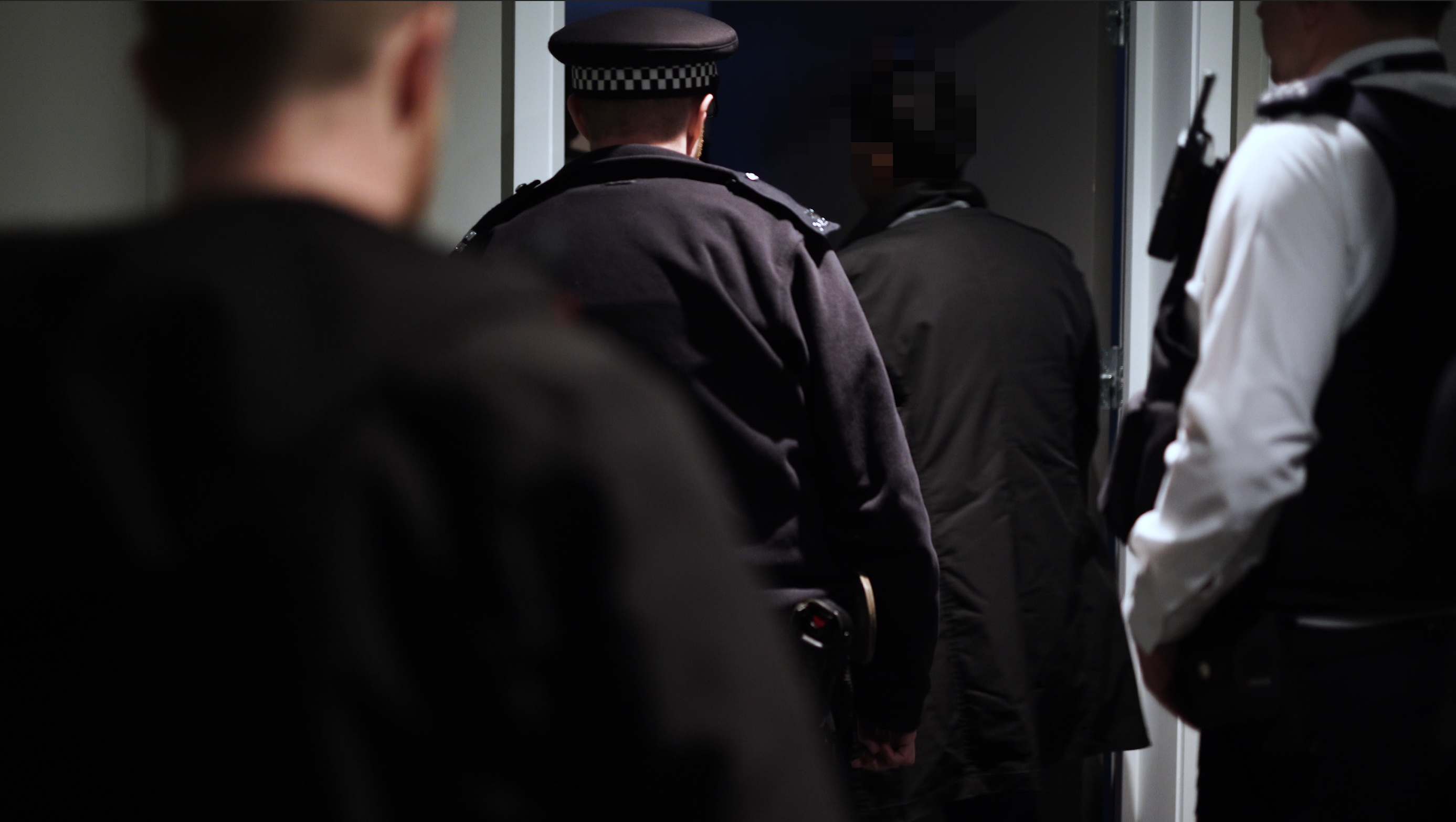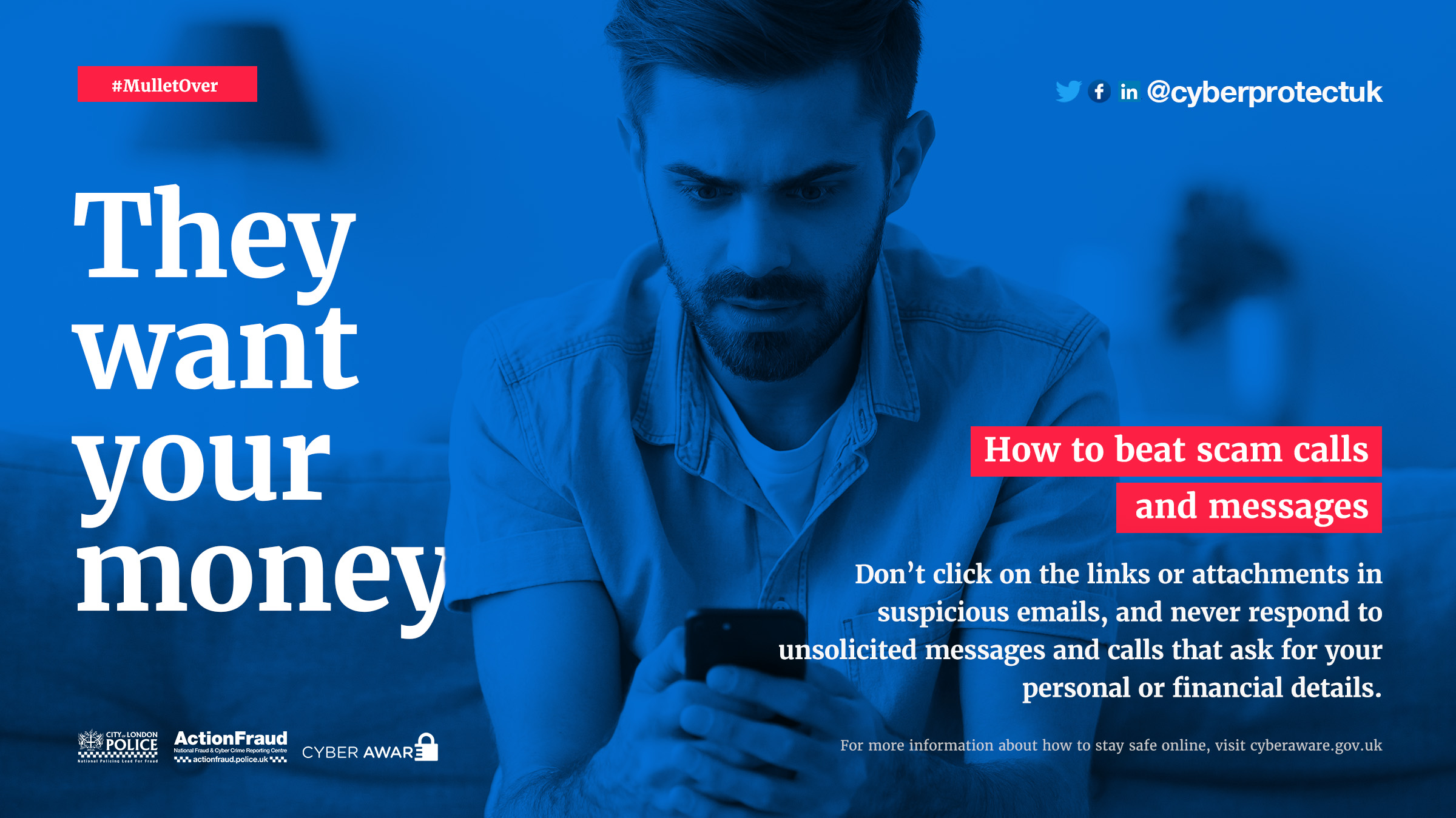Public Wi-Fi is something that most of us in the UK are reliant on and there is now thought to be 269,000 Wi-Fi hotspots in the UK compared with the 202,944 that were available in 2014. However there is a lack of awareness about cyber hacking and how cyber criminals use public Wi-Fi as a means to steal personal and financial details from individuals and businesses via public networks.

According to research 77 percent of people said that they did not feel that public Wi-Fi was any less secure than their own personal internet connection, 75 percent also said that they wouldn’t curb their activity on public Wi-Fi and they weren’t conscious of anything they may need to avoid doing whilst using it, showing a lack of awareness of the potential risk when using public Wi-Fi.
Attacking a public Wi-Fi network
One of the most common threats to public Wi-Fi is a ‘Man in the Middle Attack’; this is when a cyber criminal joins a public Wi-Fi network and relies on the established connection to the victim’s machine to redirect the communication flows through the attackers host network. This allows the hacker to incept sensitive data such as important emails, credit card information and security credentials of the user’s business network.
Emailing and social networking are the top two things that people say they use public Wi-Fi for, however these two types of activity reveal a lot of personal information, making information available to potential cyber criminals. Online banking and downloading apps also makes people’s personal and financial information very vulnerable when using public Wi-Fi.
Deputy Head of Action Fraud, Steve Proffitt said: “There is no doubt that people face risk when they connect to a public Wi-Fi network. It is important that people consider what they use public Wi-Fi for and are aware that there are cyber criminals that will use every opportunity to infiltrate networks in order to gather personal and financial details”.
How to protect yourself whilst using Public Wi-Fi:
- Exercise caution and verify the authenticity of the Wi-Fi network before logging onto it. For example speak to an employee at the location that’s providing the public Wi-Fi connection, and ask for information about their legitimate Wi-Fi access point – such as the connection’s name and IP address.
- Use a trusted Virtual Private Network (VPN) service in order to secure your traffic. By using a VPN when you connect to a public Wi-Fi network, you’ll be encrypting all of your data that passes through the network.
- Use mobile data services such as 4G in preference to public Wi-Fi wherever possible.
- If you are concerned about the network raise this with the organisation providing the public Wi-Fi service or contact Action Fraud.
- Don’t download applications to your electronic devices.
- Don’t install any updates to programmes on your computer.
- Avoid accessing your emails, social network accounts or online banking services.
- Don’t online shop and reveal financial details.
To report a fraud and receive a police crime reference number, call Action Fraud on 0300 123 2040 or use our online fraud reporting tool.



